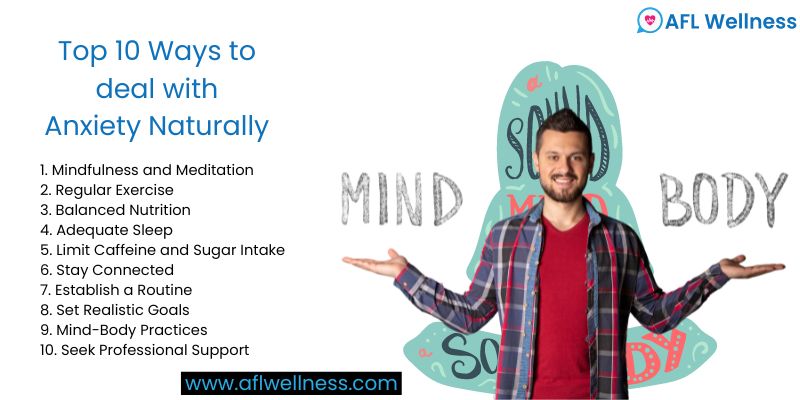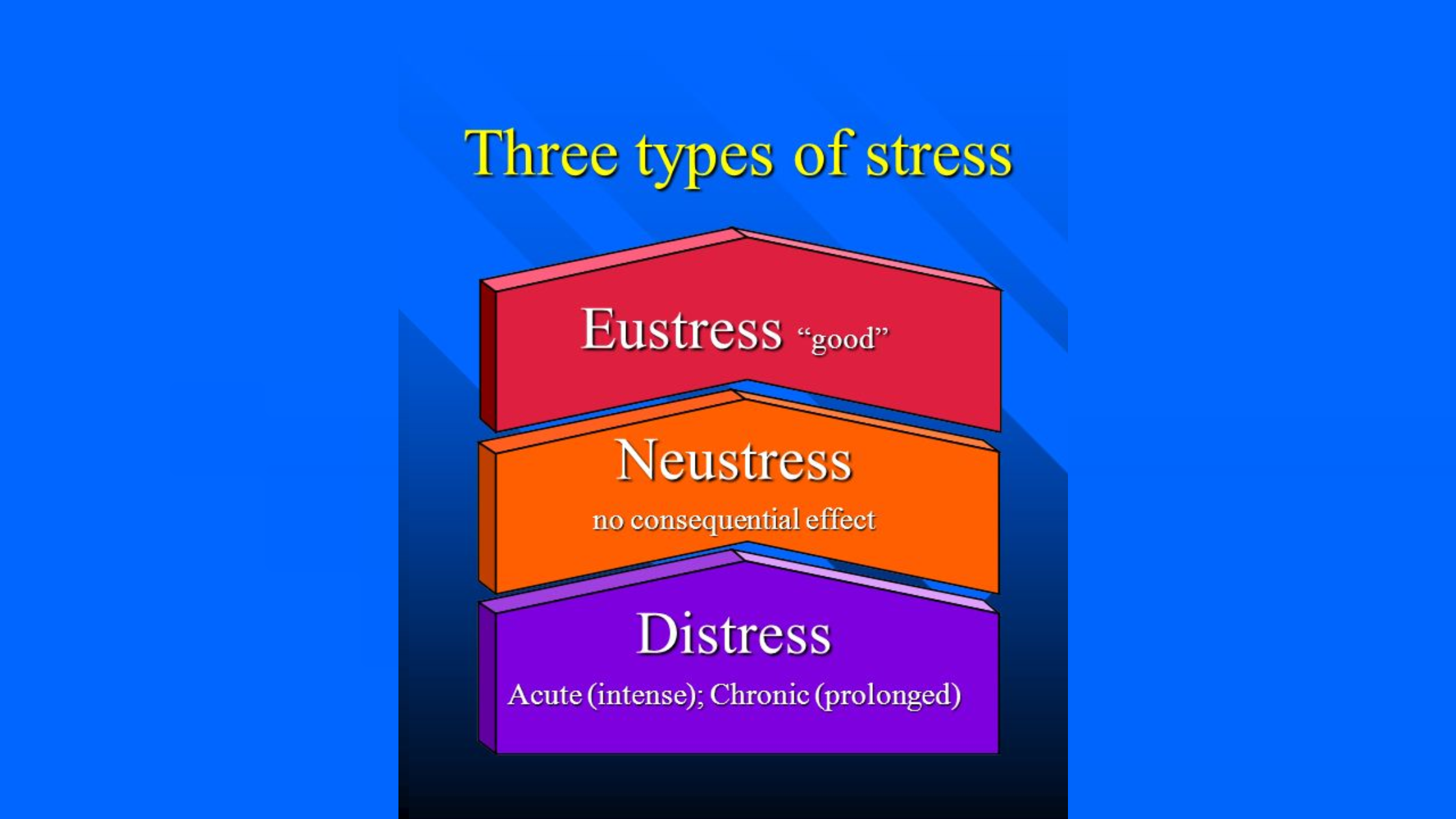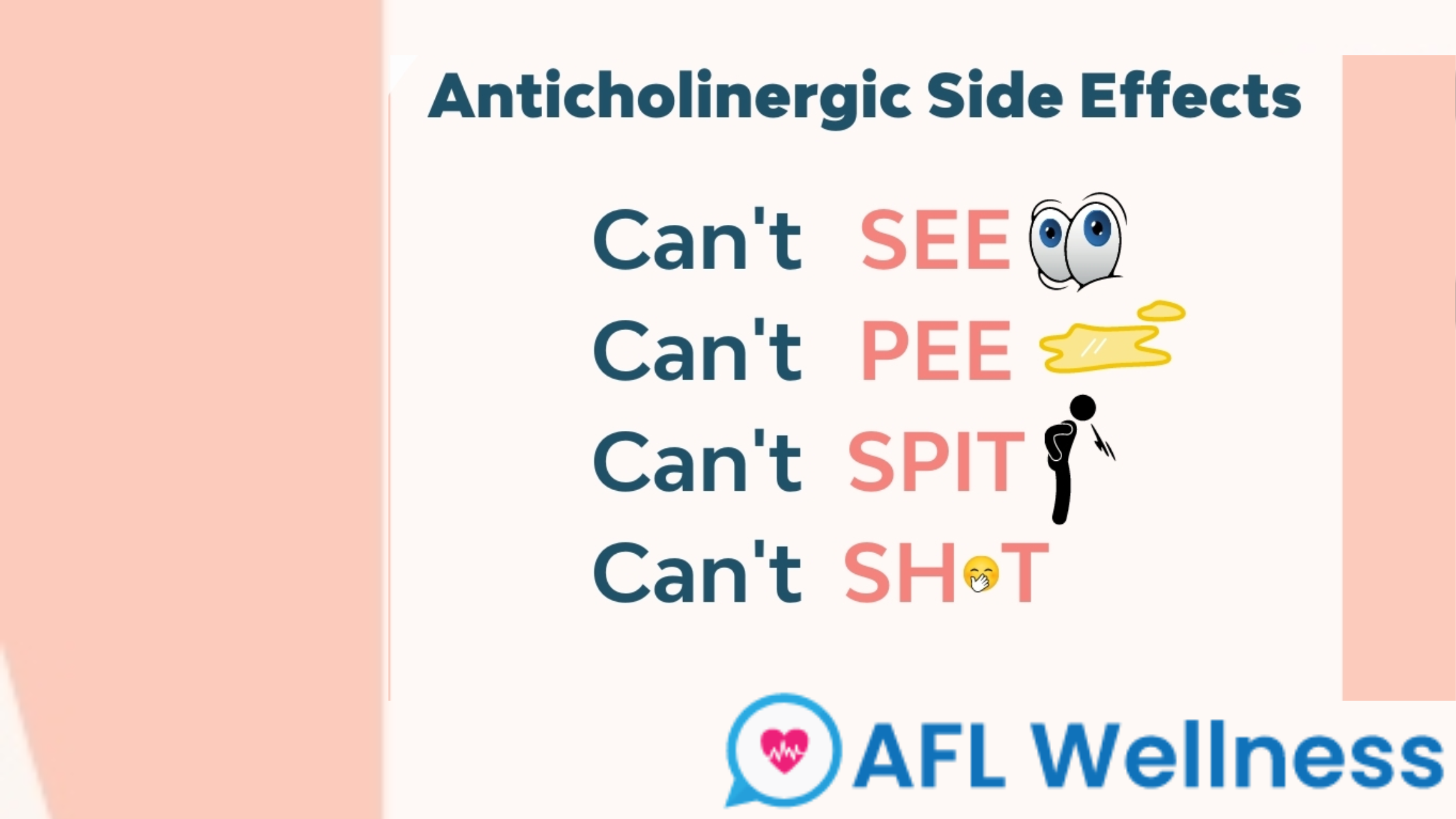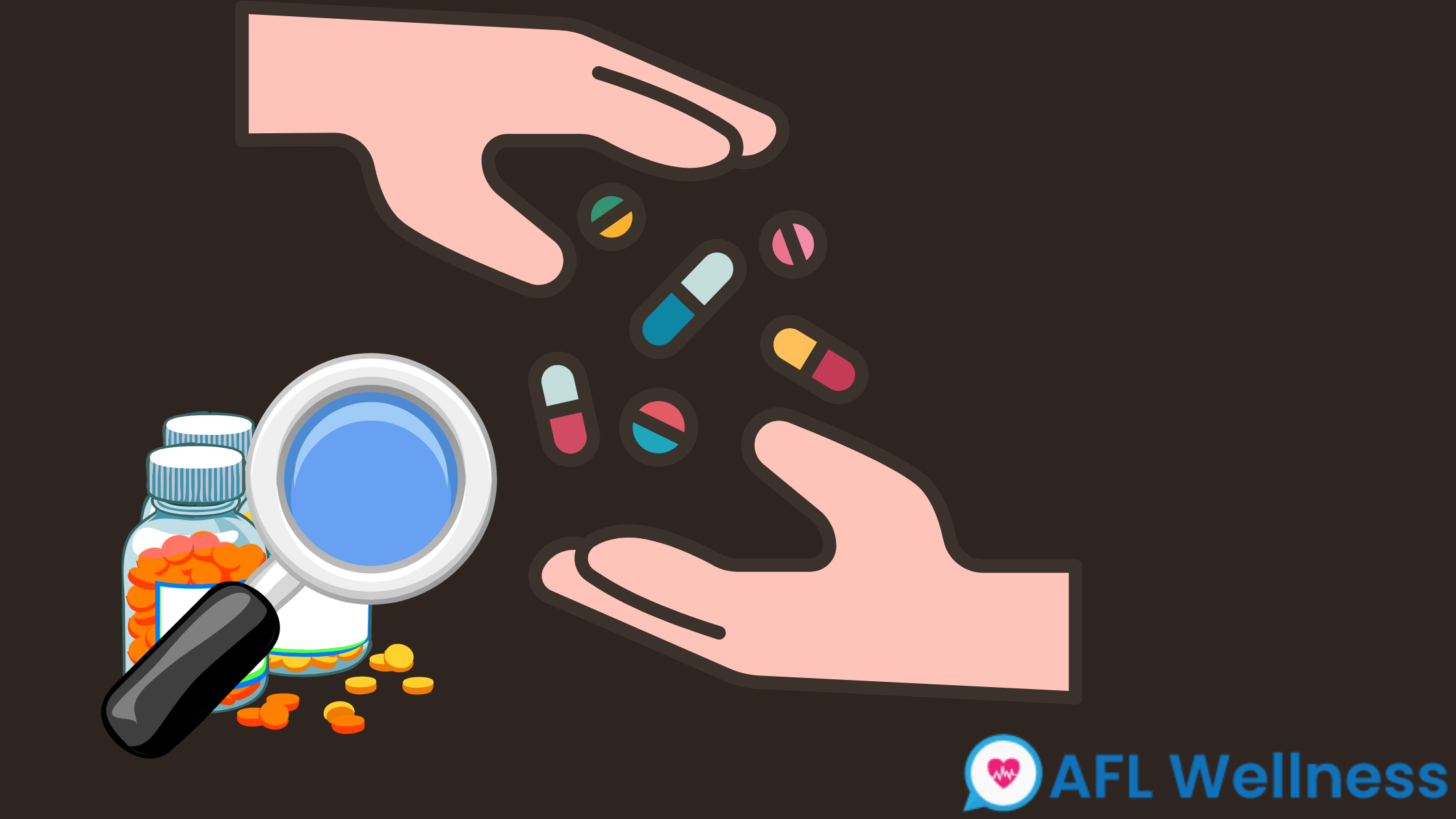
January 30, 2026
Post-traumatic stress disorder
Do you know what is the full form of PTSD? PTSD stand for post-traumatic stress disorder.
Post-traumatic stress disorder is a mental illness caused by seeing or experiencing a stressful incident. Flashbacks, nightmares, and anticipatory mania, as well as uncontrolled thoughts about the incident, are possible symptoms.
Most traumatised individuals may initially struggle to adjust and cope, but with enough time and self-care, they often get well. If your symptoms intensify and last for weeks or even years, interfering with your normal functioning, you could have PTSD.
To minimize symptoms and improve function, it is essential to seek suitable counselling as soon as PTSD symptoms manifest. Long after the traumatic event has passed, PTSD patients continue to have intense, unpleasant thoughts and feelings related to it. They could sense loss, dread, or rage, have flashbacks or nightmares of the event, and feel distant or alone. People with PTSD may avoid situations or people that remind them of the traumatic event, and they may have strong negative reactions to seemingly harmless things like loud noises or accidental touches.
Symptoms and signs of PTSD,
PTSD symptoms can be classified into the following four groups. The intensity of symptoms might vary.
- Intrusion: Intruding thoughts include recurring, unwelcome ideas, disturbing dreams, or memories of the traumatic event. As a result of how strong certain flashbacks may be, victims may feel as though they are experiencing the awful incident or seeing it right before their eyes.
- Avoidance: As a component of your avoidance technique, avoid those, things, situations, activities, and locations that could trigger negative memories. It could be possible to try to cease remembering or thinking about the awful event. They can be hesitant to talk about what happened or their feelings.
- Changes in mood and cognition include the inability to recall crucial details of the traumatic experience as well as unpleasant emotions and ideas that result in persistent false views about oneself or others. the inability to feel good feelings; persistent dread, terror, wrath, guilt, or humiliation; significantly reduced interest in once-enjoyed activities; feeling distant or alienated from people; or incorrect views about the origin or effects of the incident leading to erroneously blaming self or others (a void of happiness or satisfaction).
- Arousal and reactivity changes: Anger and irrational outbursts, irresponsible or self-destructive conduct, being very acutely aware of someone's surroundings, being startled suddenly, having difficulties concentrating, or having difficulty falling asleep are examples of arousal and reactive symptoms.
Many people have symptoms similar to those listed above in the days that follow a stressful event. However, symptoms must remain for more than once a month and must cause the person severe discomfort or difficulty with everyday functioning in order for PTSD to be diagnosed. The majority of people experience side effects within three months after the event, but they can sometimes arise later and last for weeks, months, or even years. PTSD frequently co-occurs with other closely linked diseases including depression, substance abuse, memory issues, and other issues with physical and mental health.
Therapy for PTSD is important for treating patients with PTSD
Psychological therapies are typically advised initially if you have PTSD and need treatment.
If you have serious or persistent PTSD, it may be advised that you take both medication and psychological counselling. Your doctor may suggest that you visit a specialised clinic or the NHS psychological therapy service (IAPT). Also available without a doctor's prescription is the option to refer oneself directly to an NHS psychological therapy service (IAPT). People with PTSD are often treated with one of three primary forms of psychological therapy.
- Cognitive behavioral therapy (CBT)
The goal of cognitive behavioral therapy (CBT), a sort of therapy, is to assist you in managing issues by altering your thoughts and behaviors. Trauma-focused to assist you in processing the traumatic event, CBT employs a variety of psychological strategies. Throughout this process, your therapist assists you in coping with any distress you may be experiencing and helps you recognise any harmful beliefs you may have about the event. By discussing any inferences you've made about what happened to you, a therapist can help you take control of your anxiety and suffering.
- Eye movement desensitisation and reprocessing (EMDR)
A psychiatric treatment known as eye movement desensitisation and reprocessing has reportedly been shown to decrease the symptoms of PTSD (EMDR). It involves intensely reliving the heinous incident while blinking your eyes, usually in reaction to your psychiatrist's finger motions. In some methods, the therapist makes noises or taps their finger. EMDR may well be able to help you change the way you perceive a traumatic incident, despite the fact that the exact mechanism by which it works is unknown.
- Exposure therapy: This psychotherapy aids you in safely addressing unpleasant memories and situations so you may create effective coping skills. Exposure therapy may work particularly effectively for memories and nightmares. Utilizing virtual reality programmes that enable you to visit the trauma scenario is one approach.
What are the methods used for PTSD treatment?
If you are suffering from PTSD disorder, then treatment can help you to regain a sense of control for the betterment of your life. The first and foremost treatment is psychotherapy as well as meditation. If you want to improve your treatment, then combing this can help you by aiding you to think better about yourself and the world around you. also, help you to learn various ways to cope with the symptoms rising again. So here is the detailed information listed below:
- Psychotherapy:
There are various types of Psychotherapy which are also called talk therapy which is used to treat adults and children. Some of them are:
- Cognitive therapy: this helps to identify the ways of thinking that keep stuck thinking negatively about yourself.
- Exposure therapy is a behavioral approach that helps you to address upsetting memories and experiences in a safe way so you may find the best coping methods.
Desensitization and reprocessing of eye movements (EMDR). You may analyze traumatic experiences and change your response to them with the use of coordinated eye movements, exposure therapy, and EMDR.
- Medications: You together with your doctor can work together to select the medication that will best address your symptoms and condition while having the fewest side effects. Your emotions and other issues may improve within a few weeks.
- Support and coping
If anxiety and other problems are based on a traumatic incident conflicting with your life, seek the advice of a medical adviser or mental health specialist. You may also follow the treatment plan as you continue getting post-traumatic stress disorder treatment by doing the following things. PTSD peer assistance and guidance are available at Nemours rehabilitation facilities. for example, you may visit the AFL wellness center. They have highly experienced therapists that may help your loved one recover faster. they provide one of the best consulting sessions at very affordable prices so that every individual can afford them.
So, it is advisable to visit your doctor if you suffer from severe PTSD and take a PTSD diagnosis to reduce your disorder. So, what are you holding back? Get connected with the top rehabilitation center and help your loved one get rid of this disorder.






